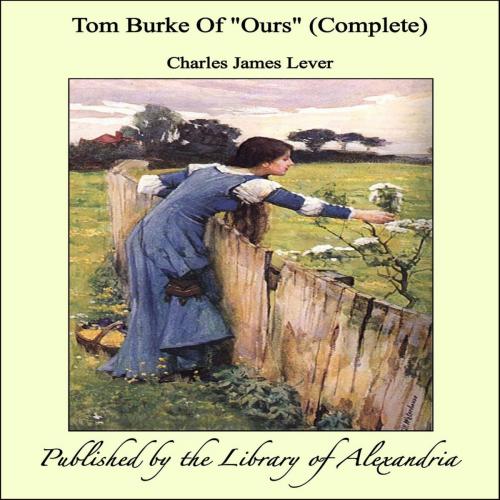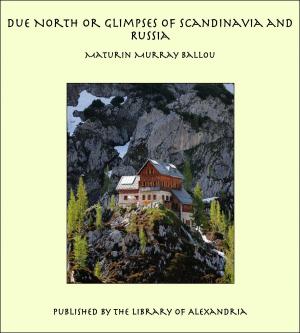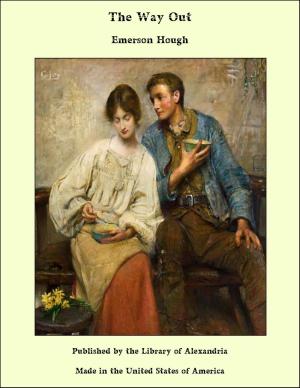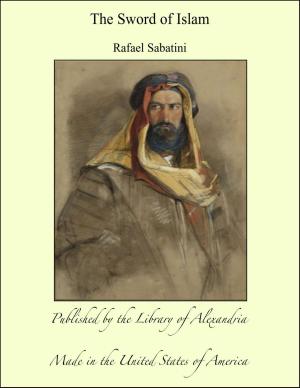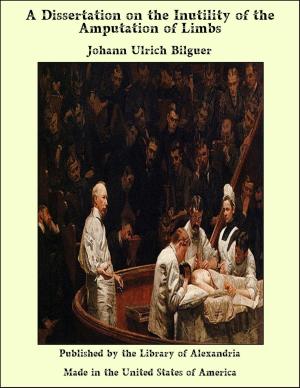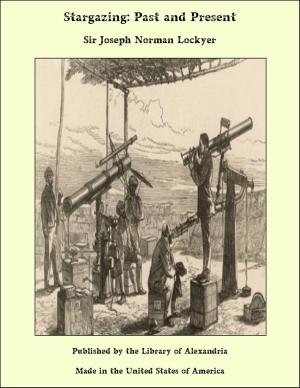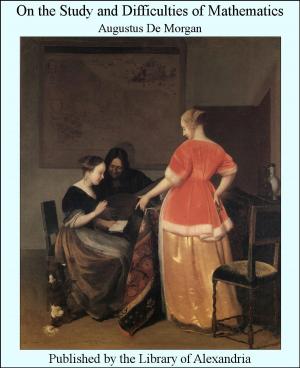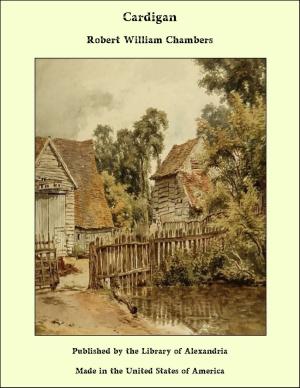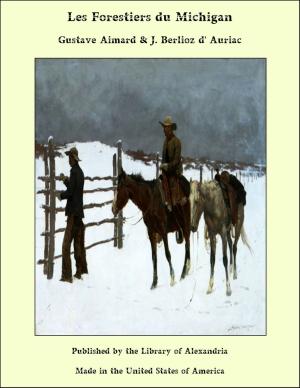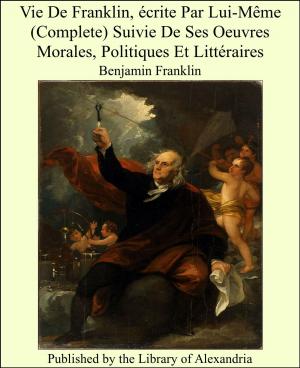Tom Burke Of "Ours" (Complete)
Nonfiction, Religion & Spirituality, New Age, History, Fiction & Literature| Author: | Charles James Lever | ISBN: | 9781465561336 |
| Publisher: | Library of Alexandria | Publication: | July 29, 2009 |
| Imprint: | Library of Alexandria | Language: | English |
| Author: | Charles James Lever |
| ISBN: | 9781465561336 |
| Publisher: | Library of Alexandria |
| Publication: | July 29, 2009 |
| Imprint: | Library of Alexandria |
| Language: | English |
I WAS led to write this story by two impulses: first, the fascination which the name and exploits of the great Emperor had ever exercised on my mind as a boy; and secondly, by the favorable notice which the Press had bestowed upon my scenes of soldier life in "Charles O'Malley." If I had not in the wars of the Empire the patriotic spirit of a great national struggle to sustain me, I had a field far wider and grander than any afforded by our Peninsular campaigns; while in the character of the French army, composed as it was of elements derived from every rank and condition, there were picturesque effects one might have sought for in vain throughout the rest of Europe. It was my fortune to have known personally some of those who filled great parts in this glorious drama. I had listened over and over to their descriptions of scenes, to which their look, and voice, and manner imparted a thrilling intensity of interest. I had opportunities of questioning them for explanations, of asking for solutions of this and that difficulty which had puzzled me, till I grew so familiar with the great names of the time, the events, and even the localities, that when I addressed myself to my tale, it was with a mind filled by my topics to the utter exclusion of all other subjects. Neither before nor since have I ever enjoyed to the same extent the sense of being so entirely engrossed by a single theme. A great tableau of the Empire, from its gorgeous celebrations in Paris to its numerous achievements on the field of battle, was ever outspread before me, and I sat down rather to record than to invent the scenes of my story. A feeling that, as I treated of real events I was bound to maintain a degree of accuracy in relation to them, even in fiction, made me endeavor to possess myself of a correct knowledge of localities, and, so far as I was able, with a due estimate of those whose characters I discussed
I WAS led to write this story by two impulses: first, the fascination which the name and exploits of the great Emperor had ever exercised on my mind as a boy; and secondly, by the favorable notice which the Press had bestowed upon my scenes of soldier life in "Charles O'Malley." If I had not in the wars of the Empire the patriotic spirit of a great national struggle to sustain me, I had a field far wider and grander than any afforded by our Peninsular campaigns; while in the character of the French army, composed as it was of elements derived from every rank and condition, there were picturesque effects one might have sought for in vain throughout the rest of Europe. It was my fortune to have known personally some of those who filled great parts in this glorious drama. I had listened over and over to their descriptions of scenes, to which their look, and voice, and manner imparted a thrilling intensity of interest. I had opportunities of questioning them for explanations, of asking for solutions of this and that difficulty which had puzzled me, till I grew so familiar with the great names of the time, the events, and even the localities, that when I addressed myself to my tale, it was with a mind filled by my topics to the utter exclusion of all other subjects. Neither before nor since have I ever enjoyed to the same extent the sense of being so entirely engrossed by a single theme. A great tableau of the Empire, from its gorgeous celebrations in Paris to its numerous achievements on the field of battle, was ever outspread before me, and I sat down rather to record than to invent the scenes of my story. A feeling that, as I treated of real events I was bound to maintain a degree of accuracy in relation to them, even in fiction, made me endeavor to possess myself of a correct knowledge of localities, and, so far as I was able, with a due estimate of those whose characters I discussed
